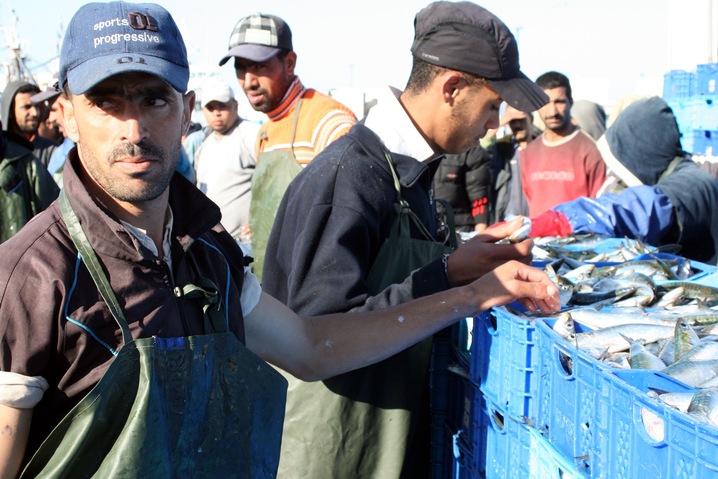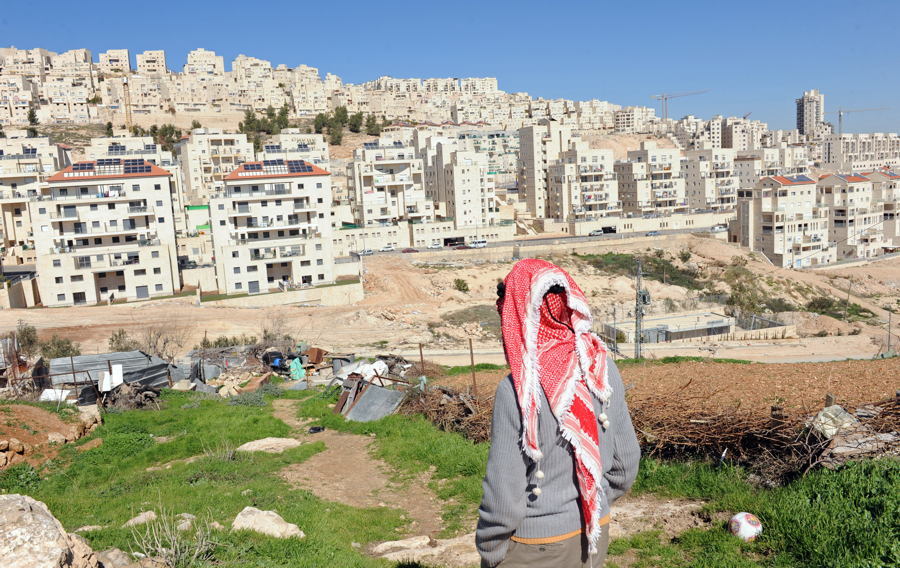By: Ian Davis
Many cite the ongoing turmoil in the Middle East as the result of a “clash of civilizations,” with Islam fiercely pitted against the West. The increasing polarization of the region, coupled with a multitude of ignorant beliefs regarding each side’s perception of the other, allows the bitter stalemate to endure. Faced with the unknown, both sides have consistently sided with violence, rather than attempts to resolve the conflict through reciprocally-beneficial paths.
There exist, however, pioneers that reject the norms of their own society. They are committed groups that not only denounce uninformed assumptions about “the other,” but furthermore, seek to disprove ignorant and potentially harmful claims. The Mimouna club, a Jewish culture club comprised of Muslim-Moroccan students in Ifrane, Morocco, is exactly such a group.
The Mimouna Club was bred out of curiosity. Founder Elmehdi Boudra was intrigued by his grandmother’s stories about her childhood in the Jewish quarter of Casablanca. Most Moroccan Jews, roughly 150,000 in total, left Morocco following the creation of the State of Israel. As a result, Mr. Boudra grew up having no Jewish friends, neighbors, or classmates. He quickly realized the Jewish community that formerly lived in Morocco had left a unique stamp on the country’s rich culture. He sought to accentuate their contributions in the public consciousness in a meaningful way. Mr. Boudra boldly founded the Mimouna Club at Al-Akhwayn University, an international institution of education donated by the Kings of Morocco and Saudi Arabia, two men who claim descent from the prophet Mohammed.
When they realized groups like theirs were quite exceptional in the Islamic world, Mr. Boudra and other founding members understood their vast potential for creating change. With the logistical help of like-minded Jewish individuals, the Mimouna Club held in 2011 the very first Holocaust conference in the Arab World. The conference brought together survivors, scholars, and Moroccan and Jewish leaders in an attempt to educate individuals on the true nature of that tragedy. This mass reflection included the celebration of a little known act of character by former King of Morocco Mohammed V. Under Vichy France, Mohammed V was ordered to assist in the extermination of the Jewish citizens. However he resisted the orders long enough to save more than 100,000 lives. Sadly, this courageous act is frequently obscured in both Jewish and Moroccan communities. More than just an outstanding event, the conference was an emphatic statement of defiance against the region’s anti-Semitic dogma.
Even more exceptional, a group of 20 Mimouna Club members including Mr. Boudra himself were given the opportunity to visit and tour Israel for 2 weeks in the summer of 2012. The significance of such an act is almost unfathomable considering the height of tensions in the Arab world since the inception of the Jewish state. Becoming one of the first groups of Arab students to visit Israel in its entire history, the Mimouna Club members declared that they had become weary of the misinformation provided to them regarding Israel. They wanted to witness firsthand the true nature of the conflict. Exposed to many different perspectives, the members of Mimouna Club were both forced to question Israel’s treatment of the Palestinian people, while enjoying the development of Moroccan-Jewish culture in Israel. They were free to enjoy Israel’s open society, while able at the same time to criticize its misgivings.
But how can we achieve peace and ultimately coexistence in the Middle East? As lawmakers trade accusations and misguided claims, ordinary people should take a step back and humanize the conflict, just as Mr. Boudra did. By breaking down barriers of fantasy based upon ignorance, we can begin to affect the change we hope to see in the vastly different worlds of the Middle East and the West. Certainly if Moroccan citizens, being more geographically proximate and deeply embedded in the conflict than Americans, can succeed in setting aside their biases, we should also have that capacity. This first step would pave the way for more civil discussions about Palestine and Israel.
Installing channels of cooperation based on directly observed circumstances allow for a more moderate and accommodating view of others, and ultimately a manifestation of coexistence that isn’t just on a bumper sticker.

